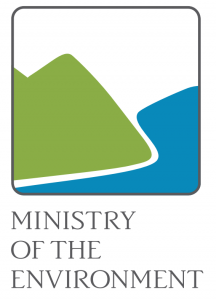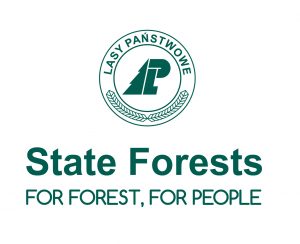Visas
Students requiring visas, after succesful application process and payment of the Summer School fee, will receive an official invitation from the organisers. The obligation to find out about the visa procedure in the closest Polish Embassy/ Consular Office and responsibility for submitting all the necessary documents in time – belongs to the students.
As of 21 December 2007, Poland is a part of the Schengen visa area. Citizens of EU member states (including Poland) must present a valid passport or ID card when entering the Schengen area. Citizens of non-Schengen states must be prepared to present other documents in addition to a valid passport, such as an explanation of the purpose of travel, should the border guard request them. The border guard also has the right to ask for proof of sufficient funds to support the person’s stay in the Schengen area.
Citizens of non-Schengen states who do not require a visa to enter the Schengen area may stay there for up to 90 days within a 6-month period, starting from the date of first entry into the Schengen area. Citizens of non-Schengen states who are required to obtain a visa to enter the Schengen area may stay there in accordance with the conditions established in the visa, though not for more than 90 days within a 6-month period, starting from the date of first entry into the Schengen area. A citizen of a non-Schengen state receives a stamp in his/her passport when he/she goes through border control upon entering the Schengen area, which designates the official beginning of his/her stay in the area. The passport is also stamped when the person leaves the Schengen area.
More information about entering Poland and visas can be found at Ministry of Foreign Affairs of the Republic of Poland website (in the links below):
Entering Poland: https://www.msz.gov.pl/en/travel_to_poland/entering_poland/entering_poland
Visas: https://www.msz.gov.pl/en/travel_to_poland/visa/visa
Accomodation and University Campus
The Summer School price covers the cost of student accommodation in the dorm „Limba” situated at the Warsaw University of Life Sciences – SGGW Campus.
„Limba” is a dormitory built in 2003, every segment consists of 2 rooms, kitchen (with electric cooker, and fridge as standard), bathroom and toilet; rooms equipped with new furniture and internet access.
The standard of the student accommodation is:
- 4 people in 2 room apartment with bathroom and kitchen
- Internet
Campus SGGW

To find our more about SGGW see:
How to get here
Warsaw is well connected with the rest of Europe both by air and by rail. The most important transport hubs for visitors coming to Warsaw include the Airport, the Main Railway Station and the Coach Station.
By Air:
The airlines operating from Warsaw include:
Warsaw Chopin Airport: Airlines
Warsaw Modlin Airport: Ryanair
By Train:
Students participating in the Summer School will get assistance in their transfer from the airport/railway station.
Warsaw
Warsaw, the capital of Poland since 1596, is located in central Poland; it is an important cultural, political, academic and economic centre. State authorities, diplomatic posts and organizations of nationwide range are located in the city.
Among the most frequently visited places are: the Old and the New Town, historical Powązki cemetery, and the Royal Route, which runs from the Royal Castle, through Krakowskie Przedmieście Street, Nowy Świat and Aleje Ujzadowskie to Wilanów.
Many cultural events, which are great tourist attractions, are organized throughout the whole year, among many there are: trade fairs, concerts and exhibitions.
To find our more about Warsaw see:



